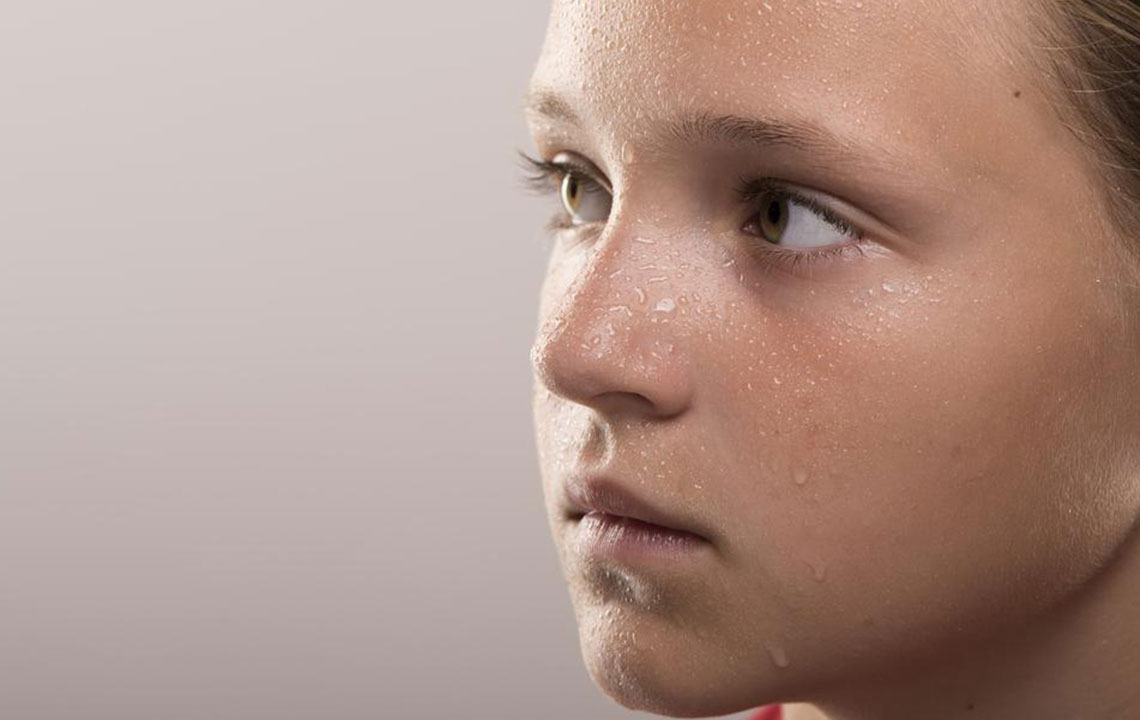What exactly are night sweats and what triggers them
Although the word night sweats are quite common, not everyone is exactly aware of what exactly night sweats are, and the main triggers of this condition. Night sweats mean excessive sweating that occurs mainly in women while sleeping during the evening regardless of the fact that the person is not heavily bundled and the temperature inside the room is cool and pleasant. The result is that the people experiencing this phenomenon find themselves in totally drenched sleepwear and sheets.

The person’s face and trunk emanate redness and appears quite flushed after an episode of the night sweating.
What causes these night sweats?
Night sweats can crop up from harmless conditions or can also be the indication of some serious illness. The main triggers that can induce night sweating are
- Medication: A lot of prescription medicines can cause the side effects of the night sweating in their patients. Drugs that are typically prescribed to treat anxiety and depression like SSRIs and tricyclic anti depressant medications often trigger night sweating. Even some cortisones that are steroids have been found to trigger night sweats in some people who take them.
- Menopause: One of the primary menopausal indications is hot flushes that manifest themselves as night sweats when they are sleeping for women.
- Tuberculosis: Till some time ago, tuberculosis was one the most common triggers that caused night sweating in people. It is a highly contagious illness in which the lungs are affected and causes severe night sweating indications in the patient.
- Abscesses: Bacterial infections like abscesses like tonsils, boils, diverticulitis flare-ups, and appendix can trigger night sweating when the system begins combating the infection source.
- Aids and HIV infections: Those people who have been infected with Aids or HIV are found to experience profuse and severe night sweating that leave blankets, sheets, and bedclothes drenched.
- Low-level Migraine Drugs: Just simple medicines like acetaminophen and aspirin that are usually found to be effective for fever and headaches cause night sweats and even flushing of the face and neck. So, take care not to increase the medicinal dosage without the physician’s advice.
Disclaimer:
The content of the articles discussing symptoms, treatments, health conditions, and side effects is solely intended for informational purposes. It is imperative that readers do not interpret the information provided on the website as professional advice. Readers are requested to use their discretion and refrain from treating the suggestions or opinions provided by the writers and editors as medical advice. It is important to seek the help of licensed and expert healthcare professionals when necessary.